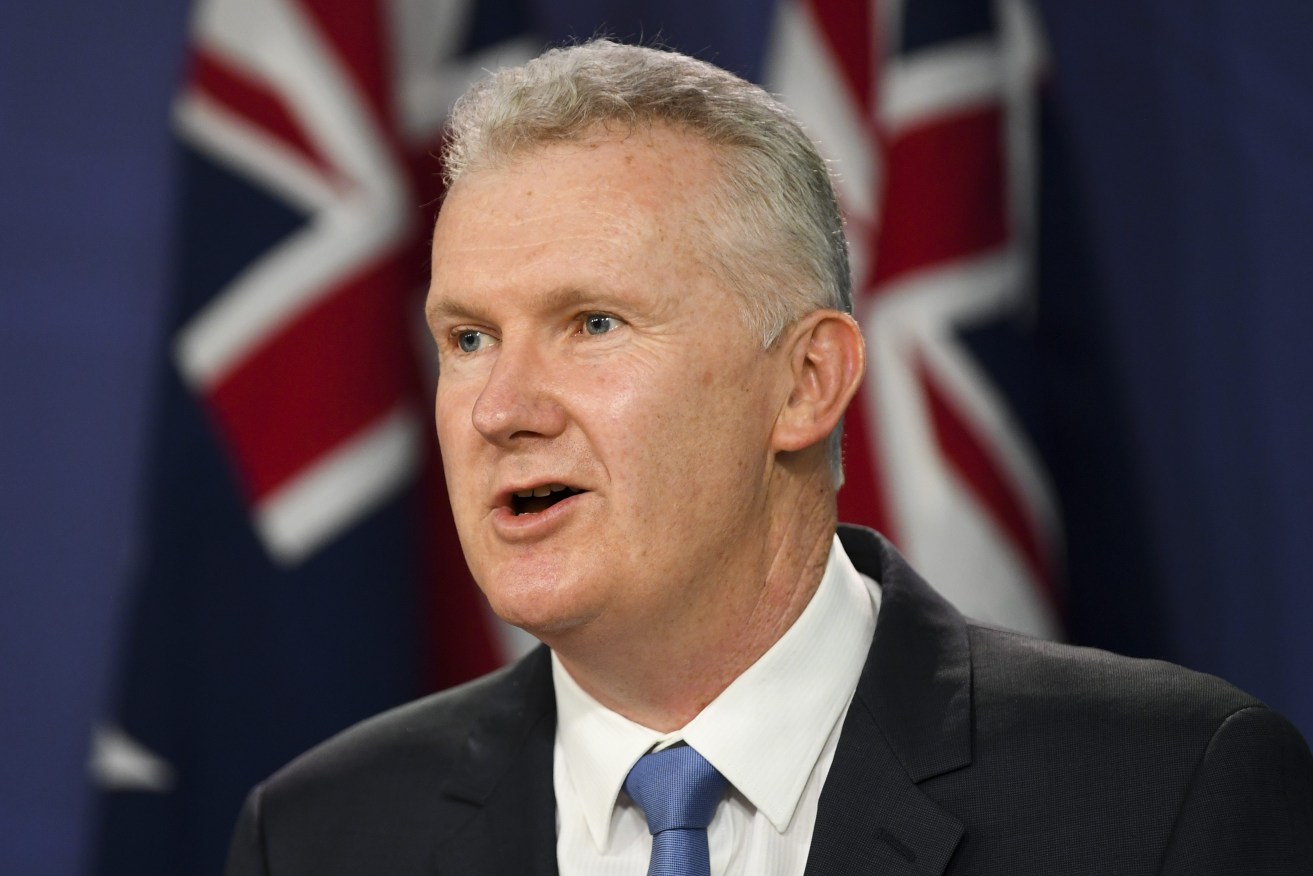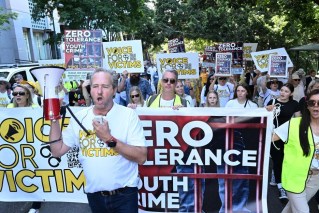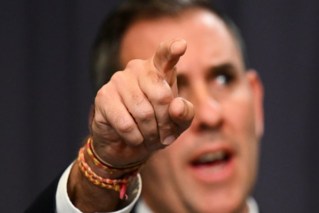Pay day: Workplace reforms hailed as a win for women
The federal government is heralding its industrial relations reforms as a Christmas present for the Australian economy with the laws being ticked off by parliament.

Industrial Relations Minister Tony Burke. (AAP Image/Lukas Coch)
The Secure Jobs, Better Pay bill passed in Senate late on Thursday and was rubber-stamped by the government-controlled chamber on Friday, with 78 votes for and 42 against.
Employment Minister Tony Burke said passing the laws signalled the day parliament decided to get wages moving.
He said the laws would simplify bargaining, put an end to exploitative job ads advertising work for less than the legal minimum and stop pay secrecy clauses.
“For the women workers of Australia, who’ve been held back with an unacceptable gender pay gap,” he told parliament on Wednesday.
“Today is the day the parliament decided to close the gender pay gap.”
But Opposition Leader Peter Dutton maintained his objection to the reforms and said they were not about workers but about unions.
“This is a very significant return on the down payment the union movement has made to the Labor party for the last 15 years,” Dutton said.
“The juvenile argument that somehow (the coalition) are against wage rises … is complete nonsense.”
The coalition has argued the multi-employer bargaining component of the bill will force undue costs on small businesses that don’t want new work agreements and can’t afford them.
Small businesses with less than 20 employees will be excluded from single-interest multi-enterprise bargaining while those with less than 50 will have extra safeguards if they want to opt out of multi-employer bargaining.
The opposition failed in its attempt to get the exemption threshold increased to 200 employees.
But Prime Minister Anthony Albanese invoked A Christmas Carol, calling Mr Dutton “the ghost of Work Choices past”.
“Today is a win for the heroes of the pandemic: the cleaners, the disability workers, the aged care workers, the early childhood educators,” he said.
“They got our thanks but they deserve more than that. They deserve better conditions and better pay.”
The Greens supported the bill through both houses of parliament.
Independent MP Allegra Spender did not support the laws, but said she was pleased with the amendments agreed to compared to the government’s original proposal.
Her main issue was with the multi-employer bargaining provisions, but failed in a push for it to be an opt-in model at first which could be reviewed in a year.
“I hope for the sake of the country that (multi-employer bargaining) makes the difference in terms of wages … but I will be holding the government to account in terms of making sure this works for businesses,” she said.
“When businesses are successful, then employees in our country can be successful.”
Labor also abolished the Australian Building and Construction Commission, which it said has become politicised and ineffective.
But Nationals senator Bridget McKenzie lambasted Labor for stripping the construction industry of its watchdog.
McKenzie said it was hypocritical of Labor to talk about improving workplace culture while dismantling an organisation that kept a union like the CFMEU to account.
“By abolishing the ABCC you’re going to allow that negative, sexist culture back into construction sites across the country,” she said.












